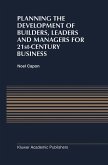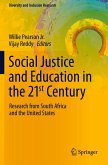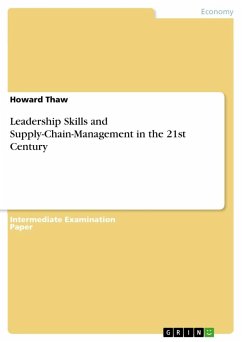An analysis of constructivism, considering the different variables and points of view from a philosophical, social and psychological conception, allows us to have a more complete vision of this position and its benefits to achieve a quality education with truly meaningful learning in our students. Having clear that all constructive learning involves a construction that is done through a mental process that ends with the acquisition of new knowledge, we can understand that the previous knowledge that the student possesses will be key to the construction of this new knowledge. The purpose of this paper is to analyze the different situations where constructivism has been linked to the Educational Reform in Chile, as far as psychological and didactic aspects are concerned; however, it is worth mentioning the importance and transcendence of the constructivist theoretical and educational position, which cannot be reduced to its incidence in this reform process, basically because these usually involve numerous relations with educational policies that, logically, refer to political problems.
Bitte wählen Sie Ihr Anliegen aus.
Rechnungen
Retourenschein anfordern
Bestellstatus
Storno








